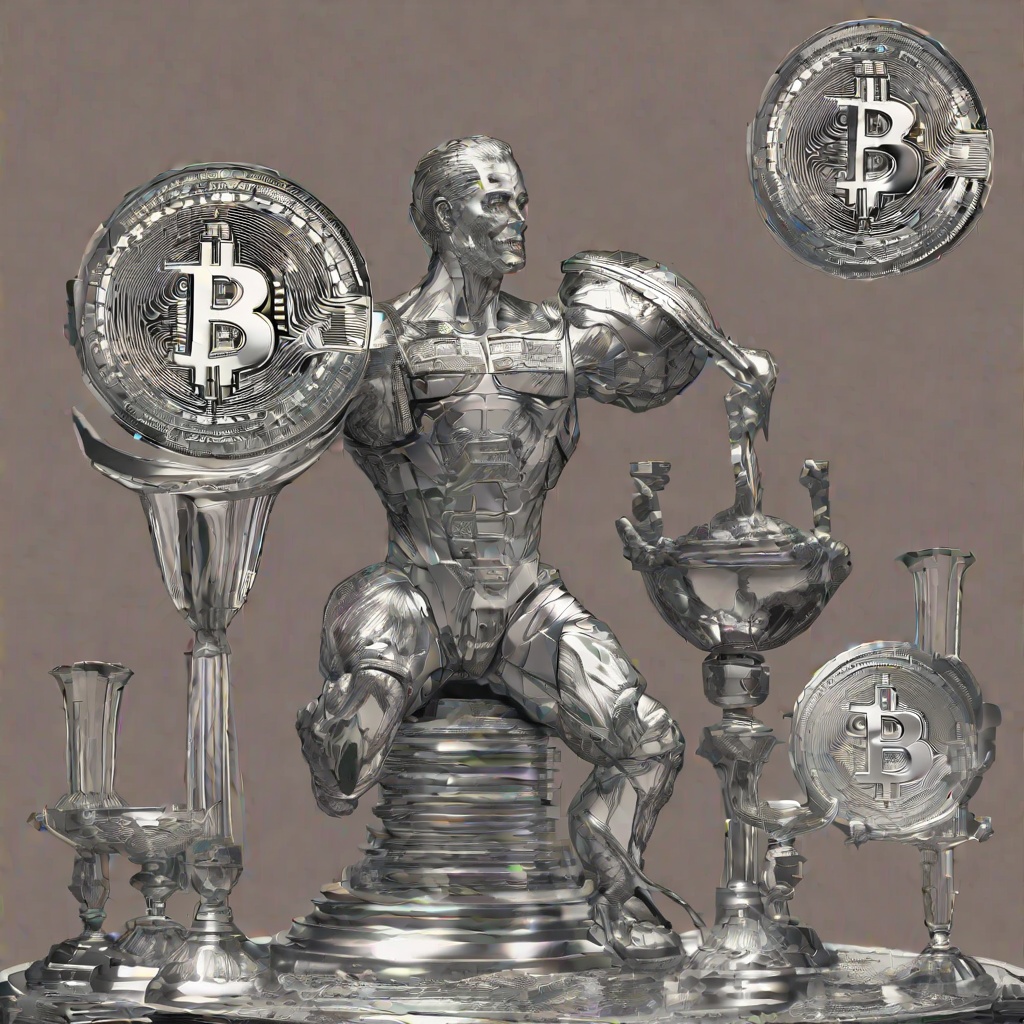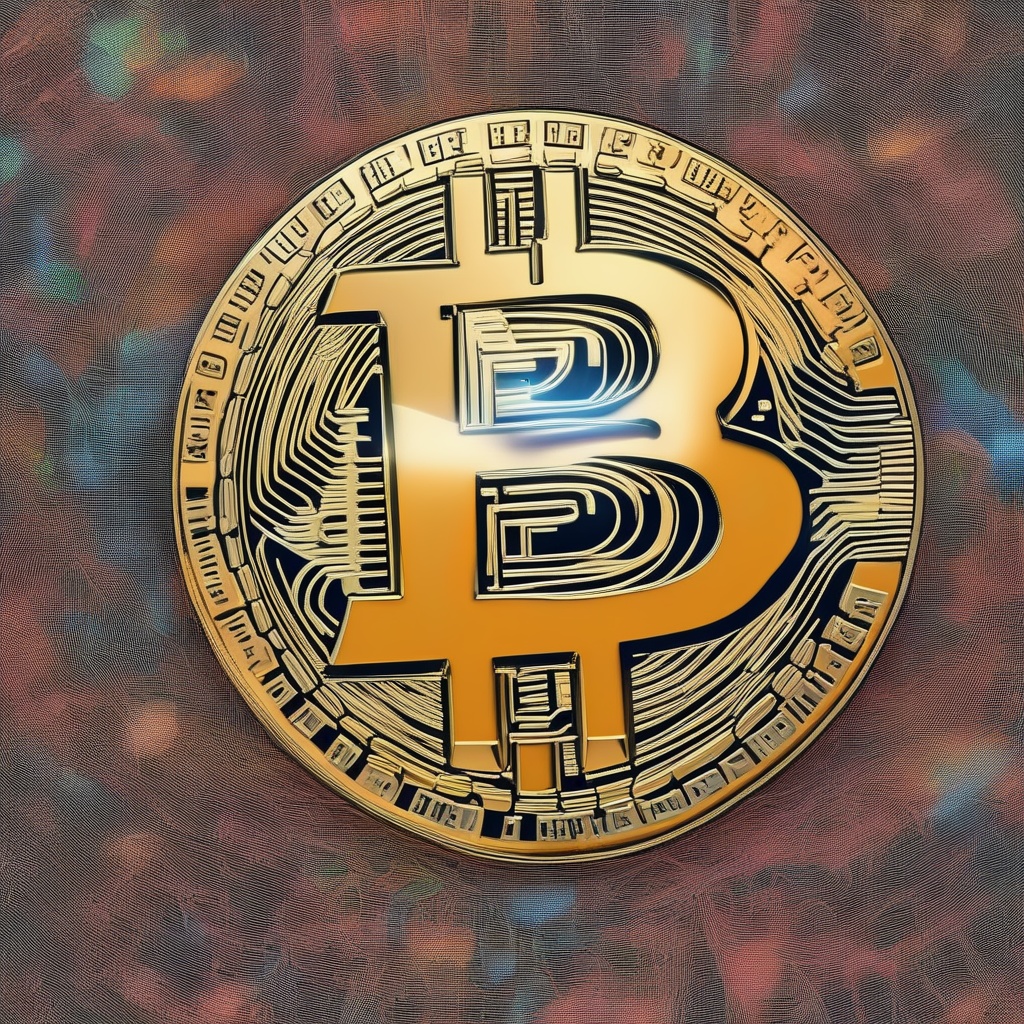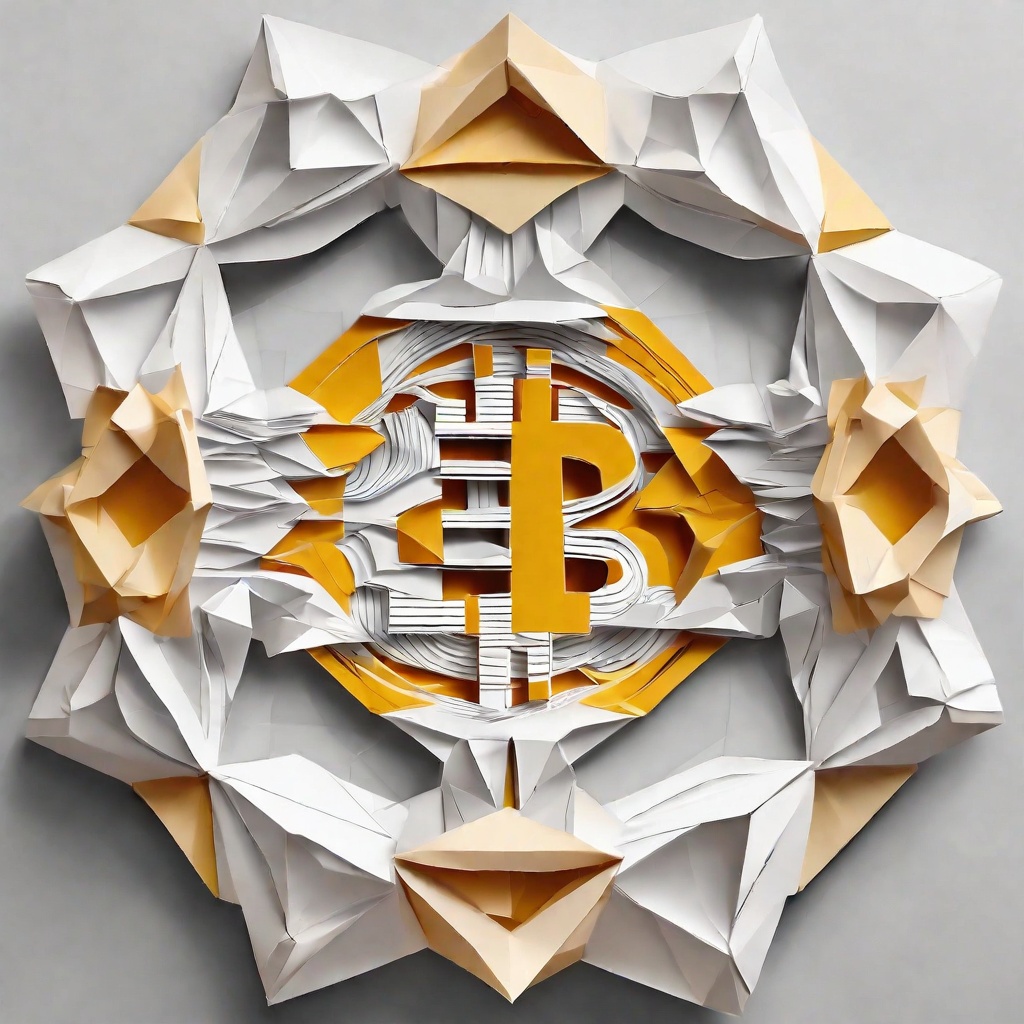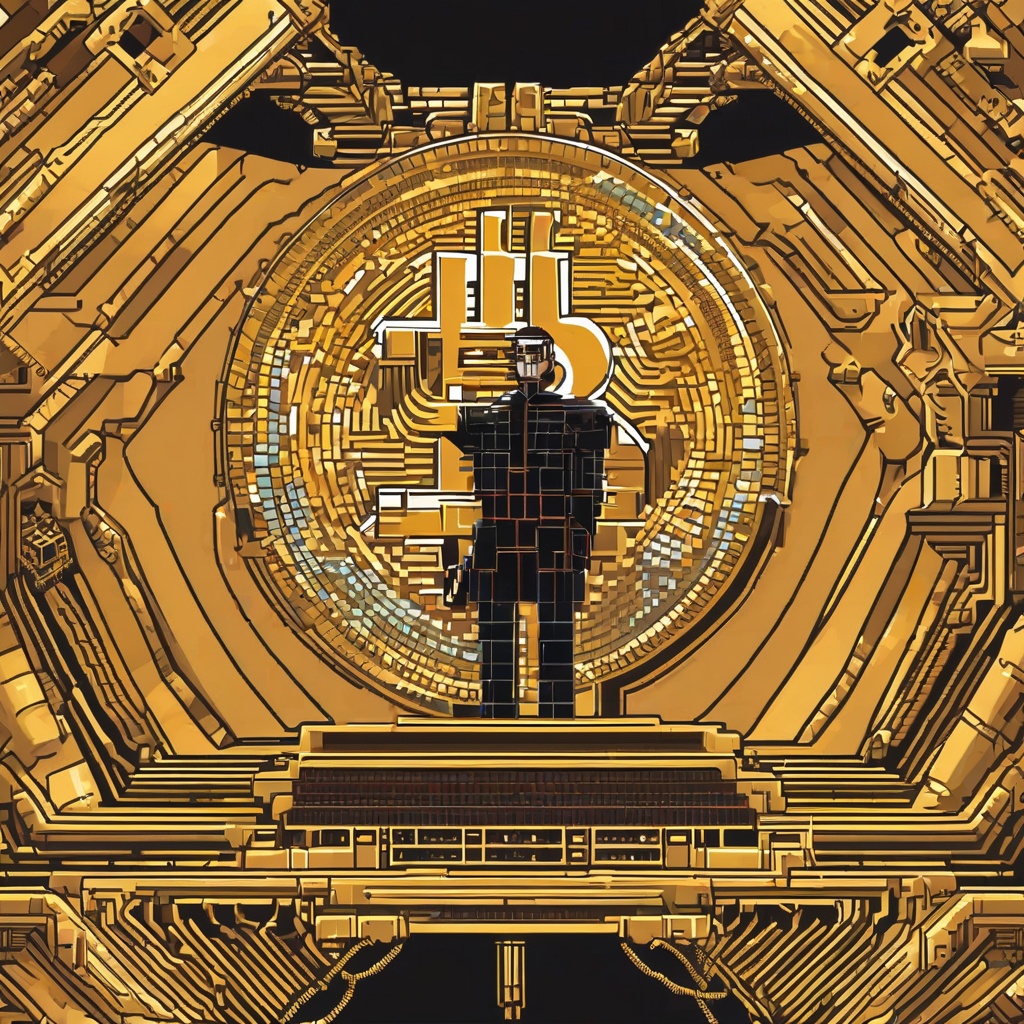Who regulates crypto exchanges in France?
Inquiring minds often wonder about the regulatory framework surrounding emerging financial sectors, particularly in jurisdictions such as France. With the proliferation of cryptocurrency exchanges worldwide, the question of who regulates these platforms in France naturally arises. The answer lies with the Autorité des Marchés Financiers (AMF), France's financial markets regulator. The AMF oversees the activities of crypto exchanges operating in France, ensuring compliance with anti-money laundering and consumer protection regulations. As such, it serves as a vital gatekeeper in the country's crypto landscape, safeguarding market integrity and investor interests.

Who regulates cryptocurrency exchanges in the Philippines?
In the Philippines, the question of who regulates cryptocurrency exchanges is a pertinent one given the growing popularity of digital currencies. With the rise of platforms facilitating the buying, selling, and trading of cryptos, there has been an increasing need for regulatory oversight to protect investors and ensure market integrity. So, who exactly is tasked with regulating these exchanges in the Philippines? Is it the Central Bank, the Securities and Exchange Commission, or another governing body? The clarity on this regulatory landscape is crucial for both investors and exchange operators alike.

Who regulates crypto exchanges in the European Union?
Could you elaborate on the regulatory landscape surrounding crypto exchanges in the European Union? Who specifically oversees these exchanges to ensure they adhere to legal and financial standards? Are there any unified guidelines or does each country have its own regulatory body? Given the transnational nature of cryptocurrencies, how do these regulations work together to protect investors and maintain market stability? Additionally, how do regulators balance the need for innovation in this rapidly evolving field with the requirements for safety and transparency?

Who regulates cryptocurrencies?
In the evolving landscape of financial technology, a pertinent question arises: "Who regulates cryptocurrencies?" Given the decentralized nature of these digital assets, the answer is often complex and multifaceted. Regulatory bodies such as the Securities and Exchange Commission (SEC) in the United States, the Financial Conduct Authority (FCA) in the United Kingdom, and the Financial Services Agency (FSA) in Japan, among others, have taken steps to oversee cryptocurrency markets to varying degrees. However, the lack of a unified global regulatory framework poses challenges, leading to questions about jurisdiction, consumer protection, and the prevention of illicit activities. Therefore, the question of who regulates cryptocurrencies remains a dynamic and evolving discussion.

Who regulates crypto exchanges in Brazil?
As a keen observer of the cryptocurrency landscape, I'm often intrigued by the regulatory frameworks in different jurisdictions. This begs the question: Who regulates crypto exchanges in Brazil? With the rising popularity of digital assets, it's crucial to understand the oversight mechanisms that ensure market integrity and protect investors. Do Brazilian crypto exchanges fall under the supervision of a specific regulatory body? Or is there a more collaborative approach involving multiple authorities? Clarifying this regulatory landscape is essential for investors seeking to navigate the crypto markets in Brazil with confidence.

